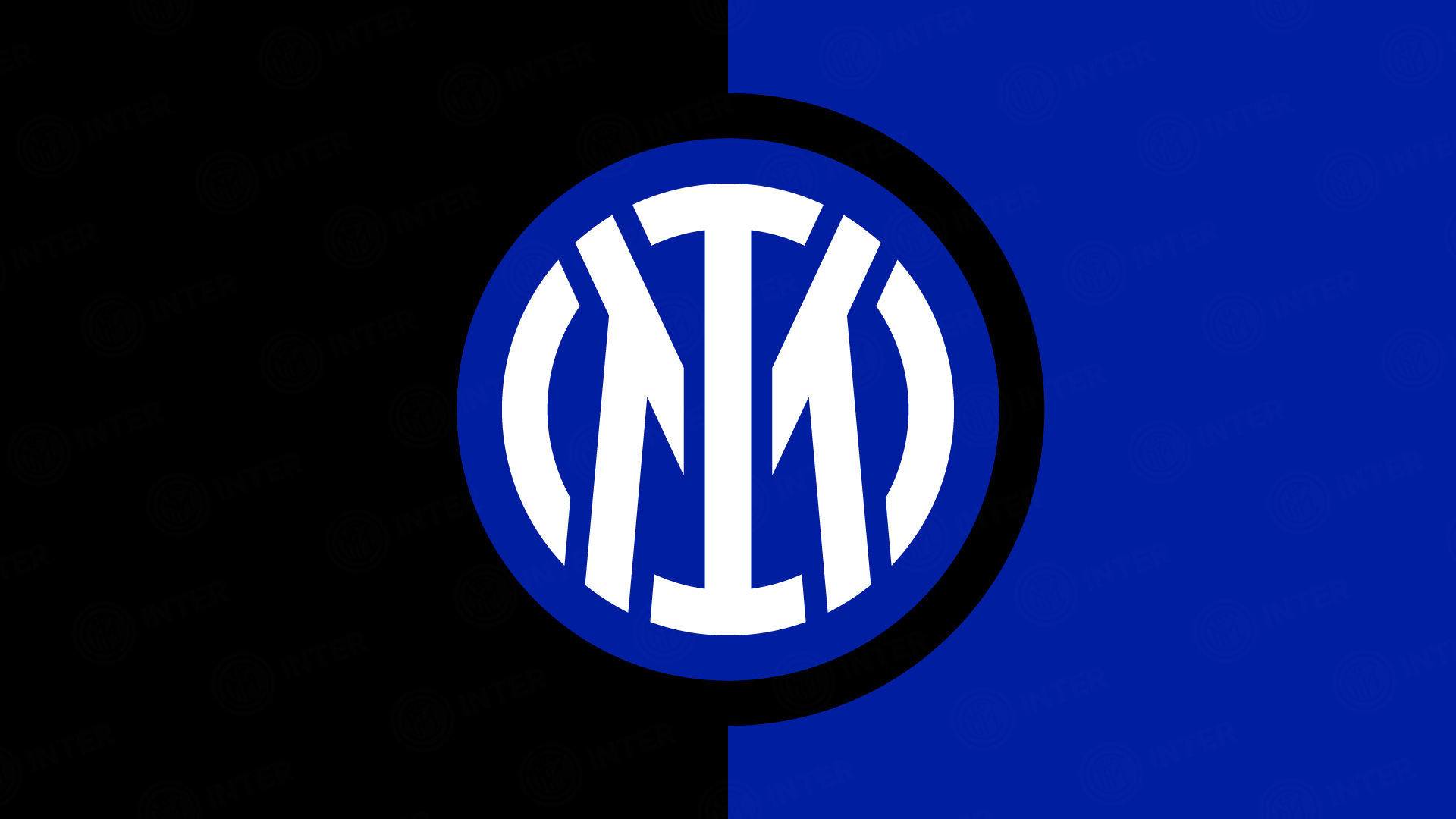MILAN - In July 1930, the city of Milan and Inter were in raptures. That is, the city of Milan and Ambrosiana - the name Internazionale was changed to by the Fascist regime. It was the first unified Italian championship ever held, and the Nerazzurri won it with a coach called Arpad Weisz, a Hungarian Jew. A football innovator, one of the first to study training methods and tactics, a man who had seen the world having travelled around South America. It was Inter's third Scudetto. Weisz had fallen in love with Milan and Italy, he'd been living there for six years and set up a beautiful family with Elena. The Weiszes had two kids, Roberto and Clara. A few years earlier Weisz had discovered a young lad by the name of Giuseppe Meazza, and Meazza had repaid him in goals.
There would be two more Scudetti in Arpad Weisz's brief life, with Bologna. In 1938 his normal life came to an end, the anti-semitic laws forcing him to flee - first to Paris and then Dordrecht, in the Netherlands. His life became a search for the safety Italy no longer offered him, and wherever he went he also searched for football, of course. The pitch in Dordrecht was a far cry from Milan's 'Campo Goldoni' but it would do. Until Weisz's name was swallowed up by history.The Weisz family's story, their death in Aushwitz – Elena, Roberto and Clara in the gas chamber upon arrival; Arpad through tuberculosis, starvation or despair at the end, in 1944 – wasn't reconstructed until many years later.
We will never forget. Tonight Inter and Bologna will remember Arpad Weisz during the Coppa Italia quarter-final at the San Siro (kick-off 21:00).
On 27 January 2012, International Holocaust Remembrance Day, the Comune di Milano and FC Internazionale laid a plaque at the Stadio Giuseppe Meazza to keep his memory alive. Today the players will walk out wearing a T-shirt featuring a picture of Weisz and the slogan 'No to Racism'. To never forget him and for a brighter future: Weisz revolutionised football with his ideas, today his memory can help do it again.




